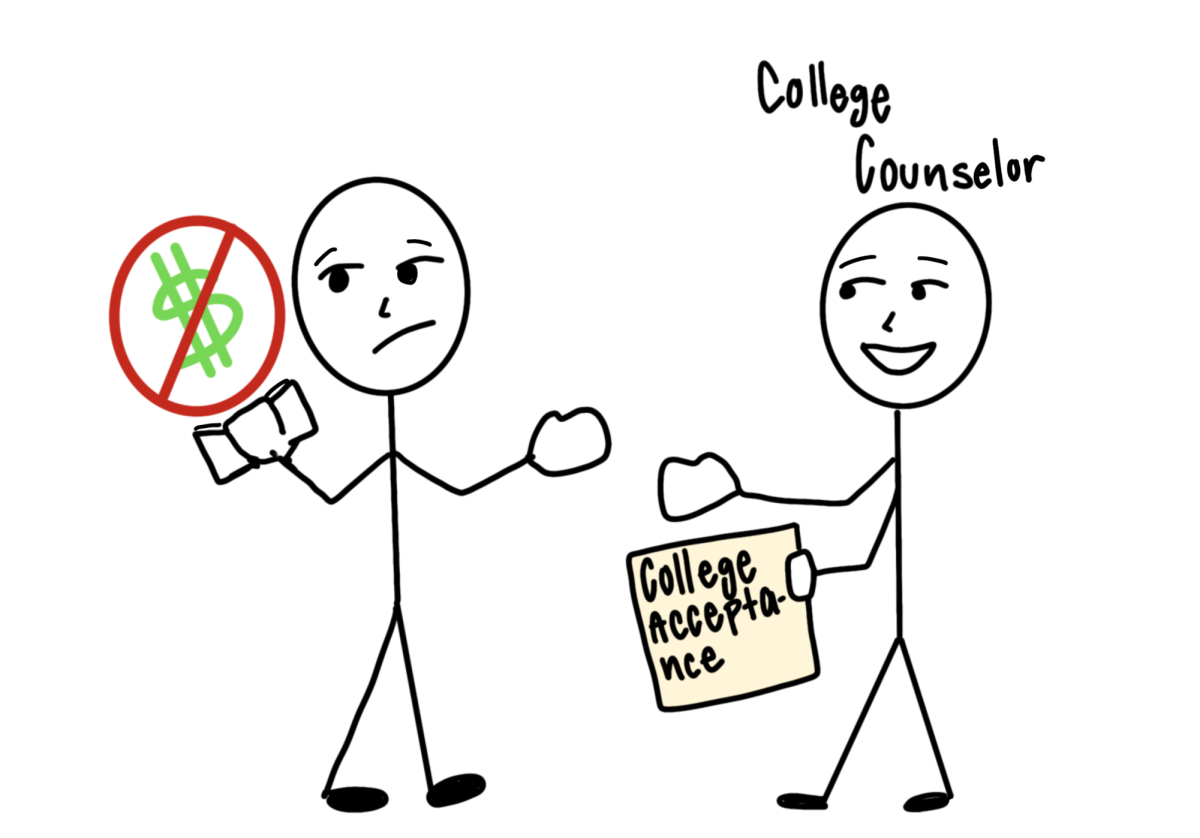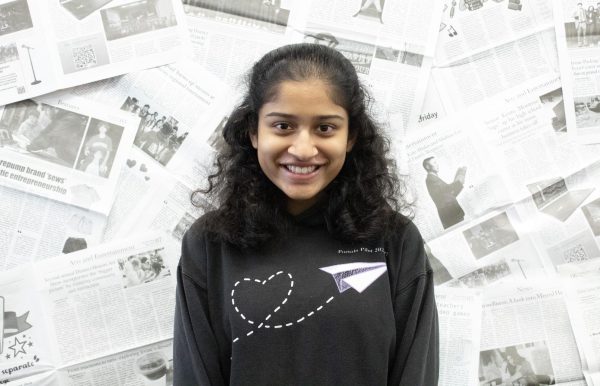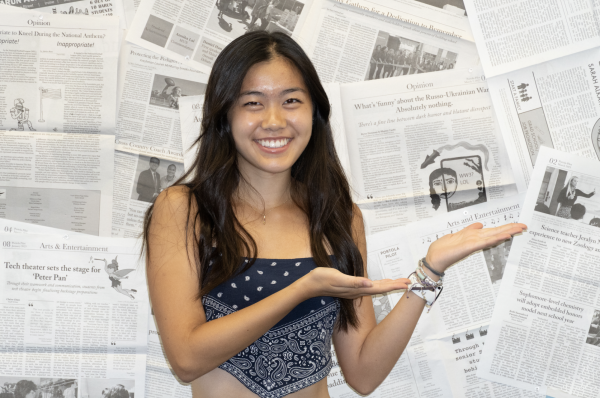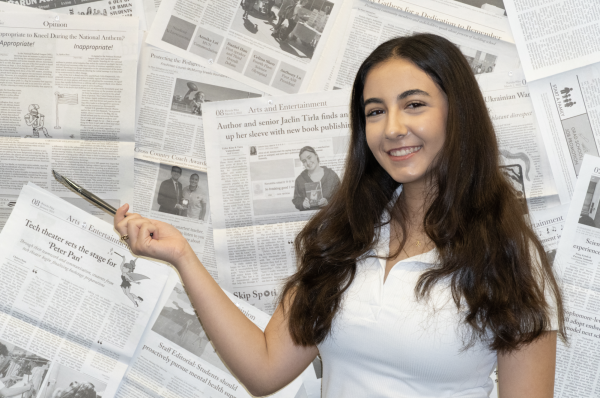Acceptance into the top schools in the nation is often the end goal of many students’ drive for their extracurriculars, classes, sports and more. As acceptance rates hit all-time lows and the applicant pool grows by the year, many students have turned to private college admissions counselors to gain a competitive edge in the cutthroat admissions process, according to Forbes.
While they may help students gain access to academic resources and advice, college counselors are ultimately not worth the high cost and only contribute to the inherent advantage of the wealthy in college admissions.
Families should consider taking advice from free resources, such as school counselors and alumni, rather than spending thousands of dollars on a costly and often uncertain path to college.
The ability of the upper class to gain privileged access to these opportunities highlights the flaws within the college admission system. This disparity underscores the need for a more equitable and accessible solution: encouraging students to rely on the free guidance and support of school counselors.
College advising packages can range from $850 to even $10,000, according to the Independent Educational Consultants Association (IECA). The lucrative nature of college consulting reveals yet another asset that the economically privileged have: access to personalized guidance from private counselors, while most students students rely on high school counselors to guide them through the admissions process.
Additionally, the prevalence of misinformation in the field of college counseling poses a considerable challenge, as admission counselors frequently lack knowledge of the unique context of each high school, according to guidance counselor and private college counselor Ryan Itchon.
“Sometimes college counselors may make recommendations for classes or opportunities that aren’t even possible at Portola,” Itchon said. “So sometimes it’s easier to go straight to the school counselor because we’re aware of all the things you can or can’t do.”
Yet, for those who are overwhelmed by college admissions and high school extracurricular planning, or are wanting to improve their exam scores, college counselors can be a comforting aid. For example, they can provide research opportunities and essay editing, according to Evan Mandery, a professor at John Jay College of Criminal Justice.
For junior Ananya Vuppula, the added cost of hiring a college counselor is worth it because they offer a deeper understanding of the college experience, a perspective particularly crucial for immigrant youth.
“A college counselor helps me navigate through the newness of the school because I don’t have an older sibling, and I’m the first sibling,” Vuppula said. “So I feel like they help me be familiar with how to get into a good college and what steps I need for that.”
Nonetheless, these opportunities come with exorbitant fees, making it impractical to invest in a college counselor when students can access nearly equivalent guidance from a high school counselor at no cost.
Providing students with access to free advice from school counselors, regardless of their economic background, will promote equal opportunities for all students in pursuing higher education and create an inclusive college admission process.






